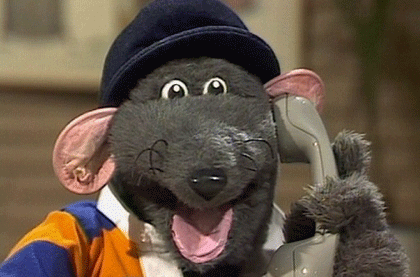Earlier in the week I came across a wonderful list of 18 obsolete words, which never should have gone out of style.
They’re all wonderful, but here’s a selection …
Snoutfair: A person with a handsome countenance.
Pussyvan: A flurry, temper.
Wonder-wench: A sweetheart.
 Spermologer
Spermologer: A picker-up of trivia, of current news, a gossip monger.
Tyromancy: Divining by the coagulation of cheese.
Beef-witted: Having an inactive brain, thought to be from eating too much beef.
Resistentialism: The seemingly spiteful behaviour shown by inanimate objects.
Bookwright: A writer of books; an author; a term of slight contempt.
And I think my favourite of all …
With squirrel: Pregnant.
English is such a wonderful language!


 A ringing of a bell or bells, bell-ringing; the sound or music so produced. The lingering sound that occurs after a bell has been struck.
A ringing of a bell or bells, bell-ringing; the sound or music so produced. The lingering sound that occurs after a bell has been struck.
